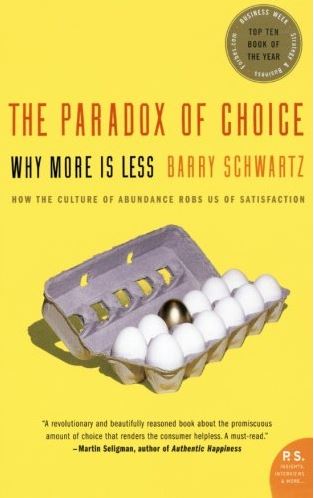
Our Community
Get to know our community
Join Translation Journal
Click on the Subscribe button below to receive regular updates.
Aneta Naumoska

Question and Answer
- What is your name?
- Aneta Naumoska
- Where do you live?
- Skopje, Macedonia
- What made you decide to become a translator or interpreter?
- I've always been fascinated by the inherent beauty of every language and how in translation languages cooperate, yet how some words/meanings cannot be perfectly translated.
- List one strength that you think sets you apart from your colleagues.
- Critically approaching the language of every billboard and menu I see in the city!
- Name the one thing that you most enjoy in your translating or interpreting career.
- Having the chance to work with a myriad of personalities.
- We all have worked on those not-so-perfect assignments. Write about one such assignment that was not ideal and what you learned from it.
- In fact, it was a not-so-perfect text that was given to me, with an unreasonable deadline, so I firstly had to "decipher" the syntax of the text so as to be able to understand it, then translate it. The lesson I learned is always be given the chance to first take a look at the text to be translated, then accept or decline the translation work, accordingly.
- If you could go back in time to when you were just starting out as a translator or interpreter, what advice would you give to your younger self?
- Don't think you can translate 24 hours a day - leave some time for sleep!
- Name one resource – such as a phone app, CAT tool, website, and so forth – that you find especially helpful in your translating or interpreting work.
- My new app that was just released (iOS, Android): Business Dictionary MacEng
- What's the best book you've read this year? (and the most recent)
- "The Paradox of Choice: Why More is Less", Barry Schwartz
Whether we're buying a pair of jeans, ordering a cup of coffee, selecting a long-distance carrier, applying to college, choosing a doctor, or setting up a 401(k), everyday decisions—both big and small—have become increasingly complex due to the overwhelming abundance of choice with which we are presented.
As Americans, we assume that more choice means better options and greater satisfaction. But beware of excessive choice: choice overload can make you question the decisions you make before you even make them, it can set you up for unrealistically high expectations, and it can make you blame yourself for any and all failures. In the long run, this can lead to decision-making paralysis, anxiety, and perpetual stress. And, in a culture that tells us that there is no excuse for falling short of perfection when your options are limitless, too much choice can lead to clinical depression.
In The Paradox of Choice, Barry Schwartz explains at what point choice—the hallmark of individual freedom and self-determination that we so cherish—becomes detrimental to our psychological and emotional well-being. In accessible, engaging, and anecdotal prose, Schwartz shows how the dramatic explosion in choice—from the mundane to the profound challenges of balancing career, family, and individual needs—has paradoxically become a problem instead of a solution. Schwartz also shows how our obsession with choice encourages us to seek that which makes us feel worse.
By synthesizing current research in the social sciences, Schwartz makes the counter intuitive case that eliminating choices can greatly reduce the stress, anxiety, and busyness of our lives. He offers eleven practical steps on how to limit choices to a manageable number, have the discipline to focus on those that are important and ignore the rest, and ultimately derive greater satisfaction from the choices you have to make.
